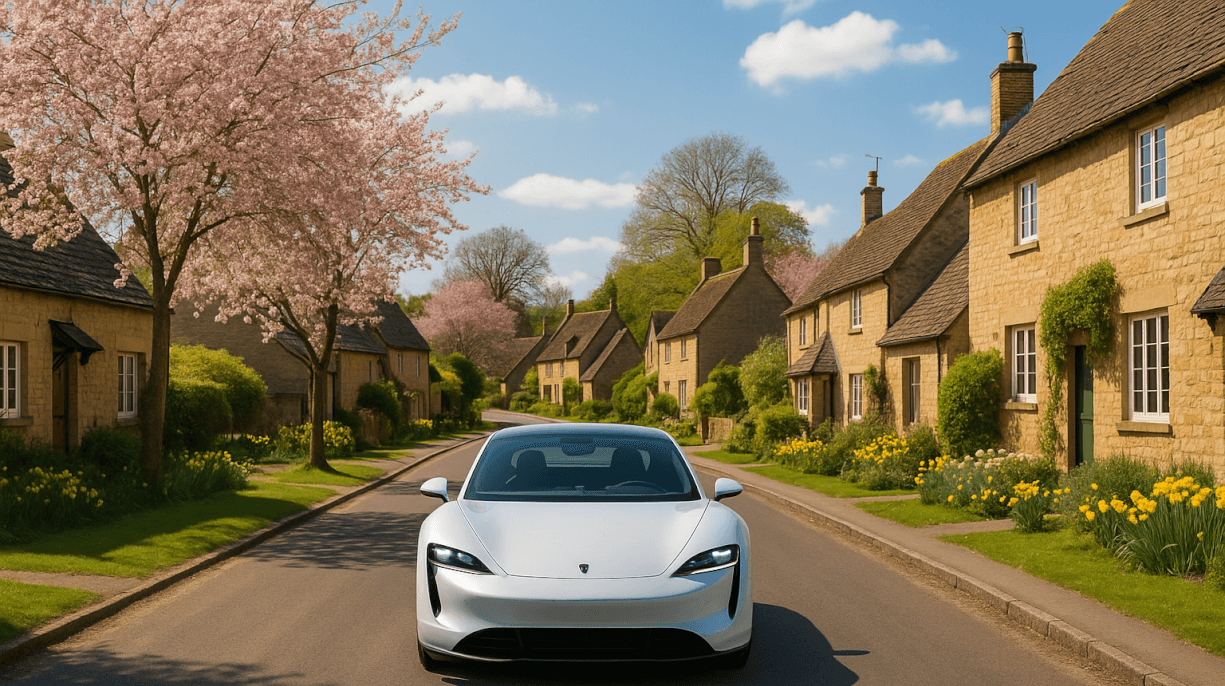The Future of Self-Driving Cars: Advancements and Challenges
As we enter the era of self-driving cars, the world of transportation is set to undergo a major transformation. From improved safety to increased efficiency, autonomous vehicles offer a promising future. However, with their advancement comes a host of challenges that must be addressed. In this blog post, I will delve into the intricacies of self-driving cars and discuss both their potential and limitations. Self-driving cars glide, Autonomous and unbound, Navigating roads From the moment we learned how to drive, we have been taught that being behind the wheel requires our full attention. However, with the advent of self-driving cars, this notion is about to change. Autonomous vehicles, also known as self-driving cars, are equipped with advanced technologies such as sensors, cameras, and artificial intelligence, allowing them to navigate and make decisions on their own. The concept of self-driving cars is not new. In fact, it has been in development for decades. However, recent advancements in technology have made it possible for this futuristic idea to become a reality. Companies like Tesla, Google, and Uber have been at the forefront of this innovation, testing and improving their self-driving car prototypes. One of the main advantages of self-driving cars is the potential to reduce accidents. According to the World Health Organization, over 1.35 million people die each year due to road accidents. With the majority of these accidents being caused by human error, self-driving cars have the potential to significantly decrease this number. By eliminating human error, autonomous vehicles can make roads safer for everyone. In addition to safety, self-driving cars also offer the promise of increased efficiency. With the ability to communicate with each other and adjust their speed and routes, self-driving cars can reduce traffic congestion and optimize travel time. This can have a significant impact on the environment by reducing carbon emissions and improving air quality. However, as with any new technology, self-driving cars also come with their fair share of challenges. One of the main concerns is the ethical dilemma surrounding their decision-making abilities. In the event of an unavoidable accident, how will a self-driving car decide who to protect? The passengers, pedestrians, or other drivers? This raises questions about the moral responsibility of these vehicles and their programmers. Another challenge is the cost. Self-driving cars are equipped with expensive technology, making them significantly more expensive than traditional cars. This raises concerns about accessibility and affordability for the general public. Furthermore, the infrastructure required to support self-driving cars, such as specialized roads and charging stations, will also come at a high cost. Privacy is also a major concern when it comes to self-driving cars. With the amount of data collected by these vehicles, there are concerns about how this information will be used and who will have access to it. This raises questions about the protection of personal information and the potential for misuse. Despite these challenges, the future of self-driving cars looks promising. As technology continues to advance, we can expect to see more efficient and safer autonomous vehicles on the roads. However, it is important to address the challenges and limitations of this technology to ensure its successful integration into our society. In conclusion, self-driving cars are set to revolutionize the way we travel. With the potential to improve safety, increase efficiency, and reduce environmental impact, this technology offers a promising future. However, it is crucial to address the challenges and ethical concerns surrounding self-driving cars to ensure their successful implementation. As we move towards a more autonomous future, it is important to remember that the safety and well-being of society should always be a top priority. Love, light & logic ... STEFFI LEWIS
| ||||||||||||||||||||||||||||||||||||||||||||||||||||||||||||||||||||||||||||||||||||

Steffi Lewis | Blog Turning coffee into code since 1993 ... |













